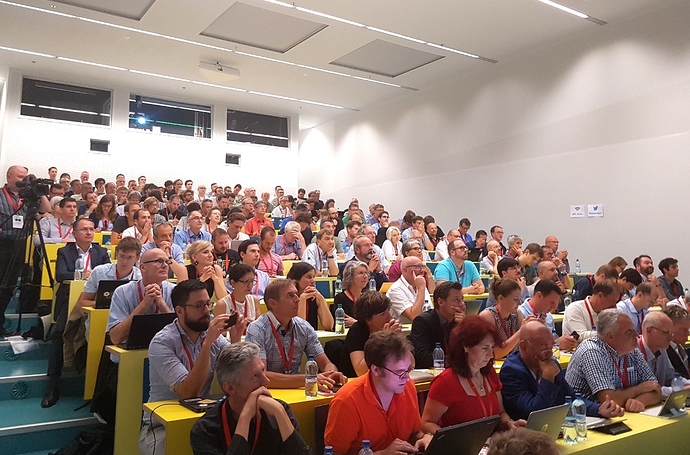On June 27 in 2017, the Open Data Conference will take place in Lucerne and we are going to shape the national conversation among business executives, politicians, public officials, researchers, journalists and open data enthusiasts through a very diverse and dynamic program that includes subjects such as Open Smart Cities, Open Tourism & Transport Data, Open Science and Open Food Data. Together we will explore new frontiers and go beyond: Beyond government, beyond the centers. Please find more information on the conference website Opendata.ch/2017 and register here.
In particular, I am organising a workshop on the topics of Open Data Infrastructure. Please reach out if this is a topic you would be particularly interested in contributing to. A preview of my short talk (there will be 4 in total, full schedule here) follows:
The open data community maintains platforms for openly licensed, distributed, refined and analysed data. Several such initiatives are becoming critical infrastructures at a local, national or international level. We propose that such infrastructure is especially important today, and will examine in this workshop their primary attributes: from integral and secure data sources, to transparent and verifiable processes to put such data to use. Examples from the network will highlight some of the opportunities and inherent risks, and a possible roadmap outlined in view of our existing and upcoming projects.
Hope to see you in Lucerne!
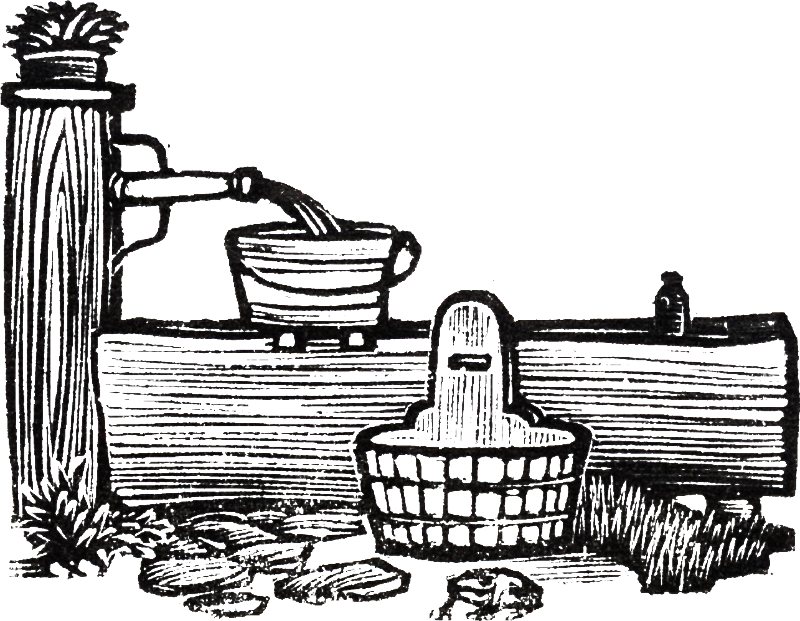
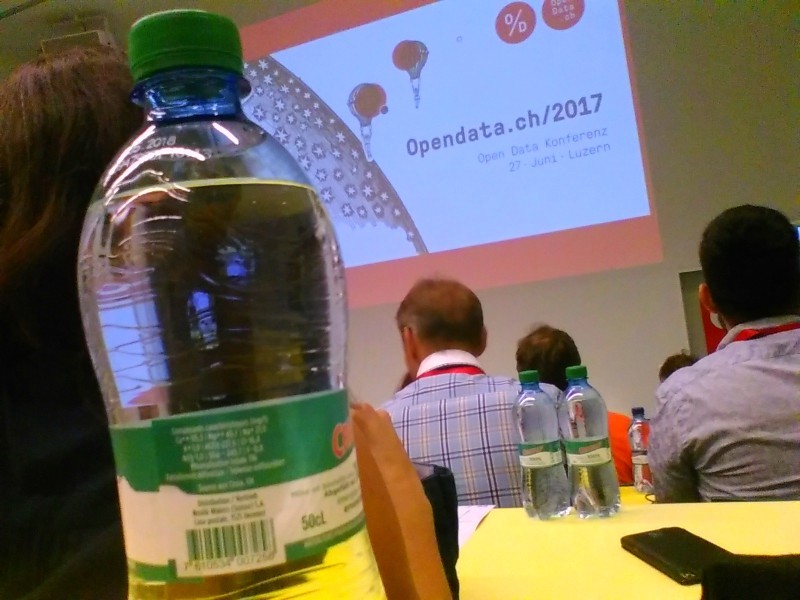
 but it’s curious that after a few years the amount of Calcium is decreasing, Sodium slightly increasing. Is it a matter of taste, or quality?
but it’s curious that after a few years the amount of Calcium is decreasing, Sodium slightly increasing. Is it a matter of taste, or quality?
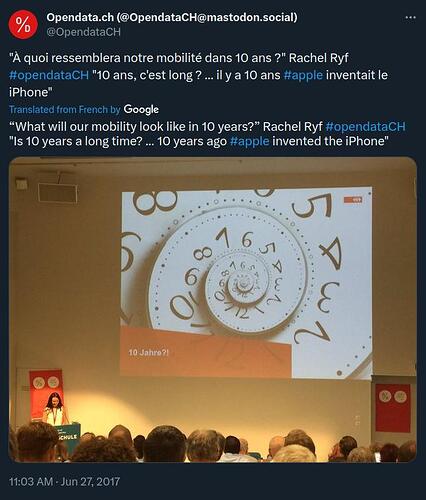
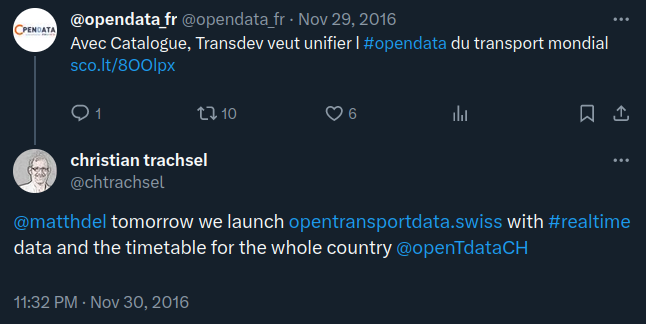
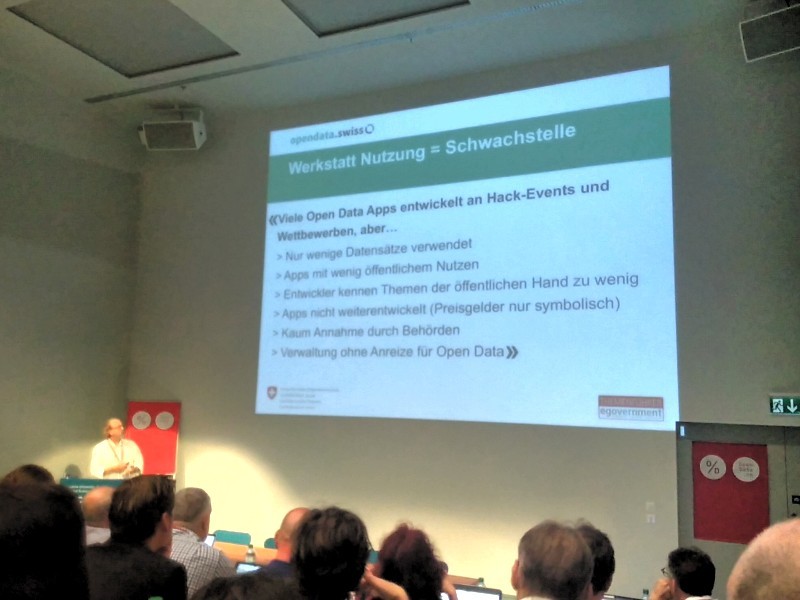
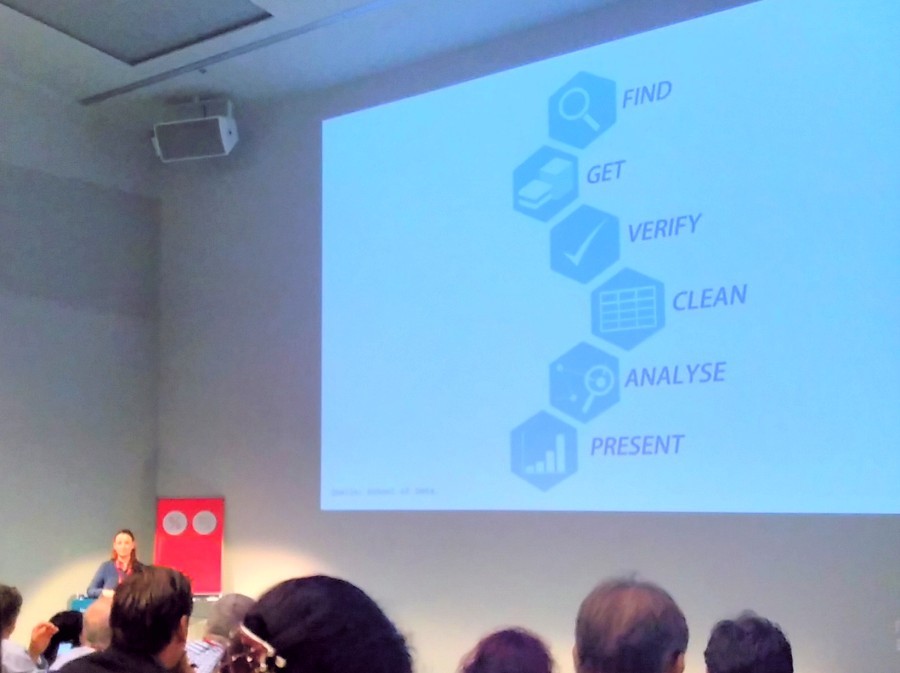
 -y difference in the region.
-y difference in the region.
